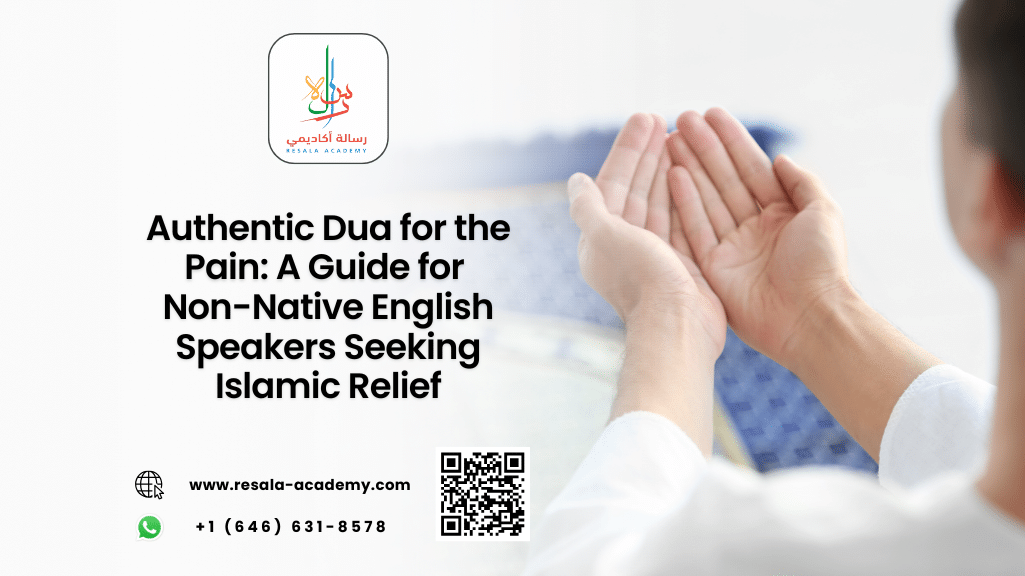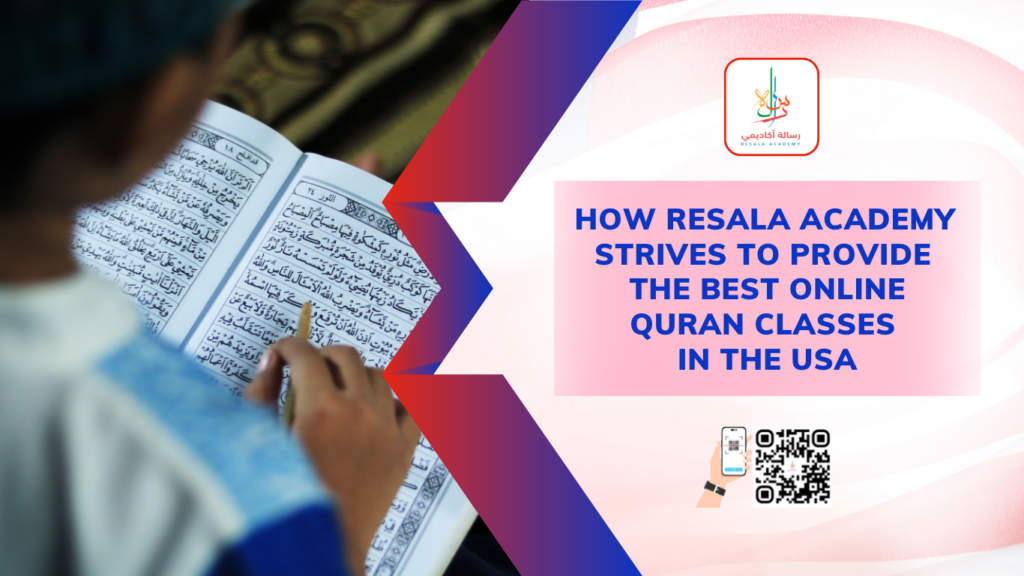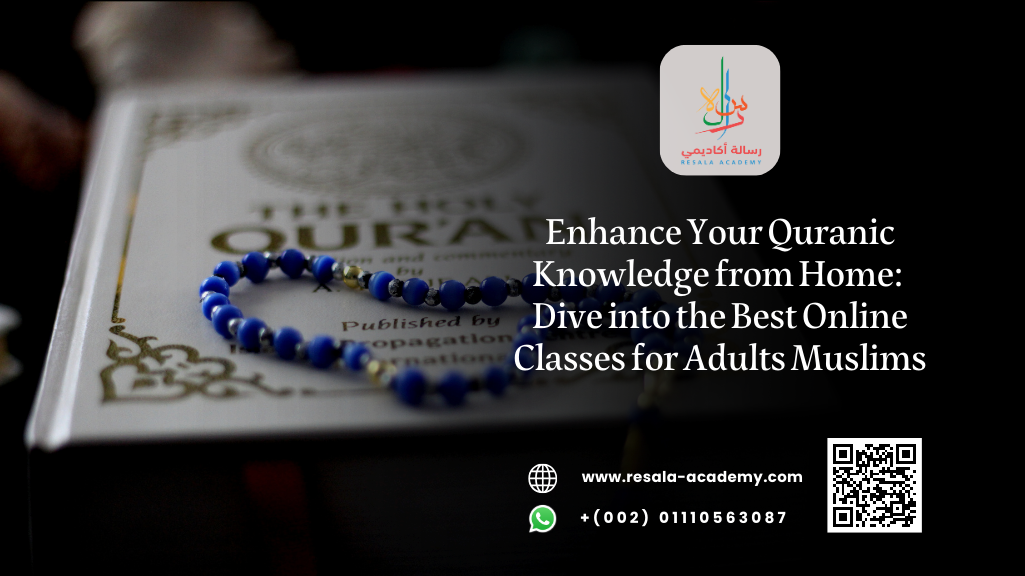Table of Contents
Authentic Dua for the Pain: A Guide for Non-Native English Speakers Seeking Islamic Relief
Pain—whether physical, emotional, or spiritual—is a universal experience. In Islam, believers are encouraged to turn to Allah ﷻ in times of hardship through supplication, or dua. For non-native English speakers who are eager to connect with the sacred language of the Quran and the authentic traditions of the Prophet Muhammad ﷺ, understanding the right dua for the pain can be both healing and spiritually uplifting.
In this comprehensive guide, we explore authentic supplications from the Quran and Hadith, provide their Arabic texts, English translations, and contextual meanings, and introduce you to Resala Academy, a trusted online platform dedicated to teaching Arabic and Quran to non-native speakers.
The Power of Dua in Islam
In Islam, dua is not just a request—it is a profound act of worship. It reflects humility, submission, and the acknowledgment that only Allah ﷻ can relieve our distress.
وَقَالَ رَبُّكُمُ ٱدْعُونِىٓ أَسْتَجِبْ لَكُمْ ۚ
“And your Lord says, ‘Call upon Me; I will respond to you.’”
— Surah Ghafir (40:60)
This verse is a divine invitation to seek relief from pain through sincere supplication. Whether you are suffering from a headache, emotional grief, or chronic illness, the Quran and Sunnah offer a treasure trove of supplications that can bring comfort and healing.
Why Learn Authentic Dua for Pain?
Many Muslims, especially non-native Arabic speakers, struggle to find authentic dua for pain that is both effective and easy to remember. Learning these duas in Arabic, with proper pronunciation and understanding, enhances their spiritual impact.
Benefits of Learning Authentic Duas:
- Strengthens your connection with Allah ﷻ
- Provides emotional and physical relief
- Aligns your supplication with the Sunnah
- Helps you memorize Arabic through meaningful phrases
- Builds confidence in your Islamic practice
This is where Resala Academy plays a vital role. Their expert instructors guide non-native speakers in learning Arabic and Quranic supplications with clarity and precision.
Authentic Dua for the Pain from the Sunnah
Let’s explore some of the most powerful and authentic duas for pain in the body, as taught by the Prophet Muhammad ﷺ.
1. Dua for Physical Pain
Arabic:
ضَعْ يَدَكَ عَلَى الَّذِي تَأَلَّمَ مِنْ جَسَدِكَ وَقُلْ بِاسْمِ اللَّهِ . ثَلاَثًا . وَقُلْ سَبْعَ مَرَّاتٍ أَعُوذُ بِاللَّهِ وَقُدْرَتِهِ مِنْ شَرِّ مَا أَجِدُ وَأُحَاذِرُTranslation:
Place your hand at the place where you feel pain in your body and say Bismillah (in the name of Allah) three times and seven times A’udhu billahi wa qudratihi min sharri ma ajidu wa uhadhiru (I seek refuge with Allah and with His Power from the evil that I find and that I fear).Source: Sahih Muslim 2202
This dua for pain in the body was recommended by the Prophet ﷺ to be recited seven times while placing the hand on the area of pain. It is a spiritual remedy that invokes Allah’s power to remove harm.
2. Dua for General Suffering or Illness
Arabic:
اللَّهُمَّ رَبَّ النَّاسِ، أَذْهِبِ الْبَأْسَ، اشْفِ أَنْتَ الشَّافِي، لَا شِفَاءَ إِلَّا شِفَاؤُكَ، شِفَاءً لَا يُغَادِرُ سَقَمًاTransliteration:
Allāhumma rabban-nās, adhhib al-ba’s, ishfi anta ash-shāfī, lā shifā’a illā shifā’uk, shifā’an lā yughādiru saqamanTranslation:
“O Allah, the Lord of the people! Remove the trouble and heal the patient, for You are the Healer. No healing is of any avail but Yours; healing that will leave behind no ailment.”
Source: Sahih al-Bukhari 5743
This dua for the pain in Arabic is often recited for oneself or others who are ill. It acknowledges Allah as the ultimate source of healing.
Quranic Verses for Relief from Pain
The Quran offers divine words of comfort and healing. Here are two powerful verses that serve as spiritual medicine.
1. Surah Al-Isra (17:82)
Arabic:
وَنُنَزِّلُ مِنَ الْقُرْآنِ مَا هُوَ شِفَاءٌ وَرَحْمَةٌ لِّلْمُؤْمِنِينَTranslation:
“And We send down of the Quran that which is healing and mercy for the believers.”Source: Quran 17:82
This verse emphasizes that the Quran itself is a source of healing—spiritually and physically.
2. Surah At-Tawbah (9:51)
Arabic:
قُل لَّن يُصِيبَنَا إِلَّا مَا كَتَبَ اللَّهُ لَنَاTranslation:
“Say, ‘Nothing will ever befall us except what Allah has decreed for us.’”Source: Quran 9:51
This verse instills trust in Allah’s decree, helping believers find peace even in pain.
Why Non-Native Speakers Should Learn Arabic Duas
For non-native speakers, learning Arabic duas can feel daunting. However, understanding the meanings and pronunciation of these sacred phrases enhances spiritual connection and sincerity in worship.
Advantages of Learning Arabic Duas:
- Authenticity: Avoid mistranslations or fabricated supplications
- Spiritual Depth: Feel the power of the original words
- Improved Tajweed: Learn correct pronunciation
- Confidence in Worship: Recite with understanding and fluency
Resala Academy specializes in helping non-native speakers master Arabic and Quranic studies through structured, interactive lessons.
How Resala Academy Helps You Learn Duas for Pain
Resala Academy is a premier online institute dedicated to teaching Arabic, Quran, and Islamic studies to non-native speakers. Our courses are designed to help learners:
- Memorize authentic duas with proper pronunciation
- Understand the meanings and contexts of each supplication
- Practice recitation with qualified native Arabic instructors
- Learn Tajweed and Quranic grammar
- Connect with Islamic traditions in a meaningful way
Whether you’re a beginner or an advanced learner, Resala Academy offers personalized learning paths to suit your needs.
Tips for Memorizing Dua for Pain
Here are some effective strategies to help you memorize and internalize dua for the pain:
- Use Flashcards: Write the Arabic text on one side and the English meaning on the other.
- Listen & Repeat: Use audio recordings to improve pronunciation.
- Daily Practice: Recite the dua during your morning or night routine.
- Write it Down: Writing helps reinforce memory.
- Join a Class: Learn with a teacher at Resala Academy for guided support.
Read more about: Step-by-Step Guide on How to Recite Dua for Deceased in Arabic with English Transliteration
Integrating Dua for the Pain into Your Daily Islamic Routine
Incorporating the dua for the pain into your daily spiritual practices can significantly enhance your connection with Allah ﷻ and improve your overall well-being. Beyond moments of acute discomfort, these supplications can be woven into your daily acts of worship for ongoing protection and healing.
- Morning and Evening Adhkar: Add the dua for pain in the body to your daily morning and evening remembrances (adhkar) to seek preventive healing and divine protection throughout the day.
- During Wudu (Ablution): While washing the limbs, silently recite relevant supplications to spiritually cleanse both body and soul, reinforcing the intention of healing.
- Before Sleep: Make it a habit to recite the dua for the pain in Arabic before sleeping, especially if you suffer from chronic discomfort or emotional stress.
- After Salah: Utilize the moments after obligatory prayers to make heartfelt supplications, combining the dua for pain with personal pleas for relief and strength.
- While Taking Medicine: Pair physical treatment with spiritual healing by reciting the dua as you take medication, acknowledging that ultimate cure comes from Allah ﷻ.
Cultural and Linguistic Insights for Non-Native Learners of Islamic Duas
For non-native speakers, understanding the cultural and linguistic nuances behind the dua for the pain enhances both comprehension and spiritual resonance. Learning the deeper meanings behind these phrases can transform rote memorization into heartfelt worship.
- Root Word Analysis: The Arabic word “شِفَاء” (shifā’) used in many duas for pain means “healing” and is derived from the root “ش ف ي”, which conveys restoration and wellness—understanding this deepens your appreciation of the supplication’s intent.
- Contextual Usage: The dua for pain in the body is often used in moments of vulnerability, making it a powerful tool for emotional resilience and spiritual surrender.
- Pronunciation Matters: Mispronouncing key Arabic terms can alter meanings. Learning with native instructors, such as those at Resala Academy, ensures accurate recitation and preserves the dua’s intended impact.
- Cultural Relevance: In many Muslim cultures, these duas are passed down orally. By learning them formally, non-native speakers gain access to a rich oral tradition rooted in prophetic guidance.
- Spiritual Empowerment: Understanding the dua for the pain in Arabic empowers learners to connect with the Quran and Sunnah on a deeper level, fostering a more intimate relationship with their faith.
From Pain to Peace: Join Resala Academy Today!
Are you ready to transform your pain into a spiritual journey of healing and connection with Allah ﷻ?
Resala Academy offers:
📖 Live Arabic & Quran classes with expert instructors
🎧 Audio-visual tools for easier memorization
📚 Access to authentic Islamic resources
🕌 A supportive global community of learners
Don’t let language be a barrier to your healing. Join Resala Academy today and begin your journey toward spiritual and physical relief with authentic duas and Quranic wisdom.
Frequently Asked Questions (FAQs)
1. What is the best dua for pain relief?
The most recommended dua for pain is:
أَعُوذُ بِاللَّهِ وَقُدْرَتِهِ مِنْ شَرِّ مَا أَجِدُ وَأُحَاذِرُ
“A‘ūdhu billāhi wa qudratihi min sharri mā ajidu wa uhādhir”
This dua is from Sahih Muslim 2202 and should be recited seven times while placing your hand on the area of pain.
2. Can I recite dua for pain in English?
While you can make personal supplications in any language, it is best to learn the dua for the pain in Arabic for authenticity and spiritual depth. Resala Academy can help you learn the correct Arabic version with meaning.
3. How can I memorize Arabic duas quickly?
- Use repetition and audio tools
- Practice with native speakers
- Enroll in structured courses like those at Resala Academy
4. Are there Quranic verses that help with pain?
Yes, verses like Surah Al-Isra 17:82 and Surah At-Tawbah 9:51 are known for their healing power. Reciting them with understanding brings peace and relief.
5. Is Resala Academy suitable for beginners?
Absolutely! Resala Academy offers beginner-friendly courses in Arabic, Quran, and Islamic studies, tailored for non-native speakers.
Conclusion
Pain is a test, but also an opportunity to draw closer to Allah ﷻ. Through the authentic dua for the pain, believers find not only relief but also spiritual strength. For non-native English speakers, learning these supplications in Arabic deepens their connection with the Quran and Sunnah.
With the expert guidance of Resala Academy, you can master these powerful duas, understand their meanings, and recite them with confidence. Begin your journey of healing and spiritual growth today.
Ready to learn more? Join Resala Academy now and take the first step toward a pain-free, spiritually enriched life.




